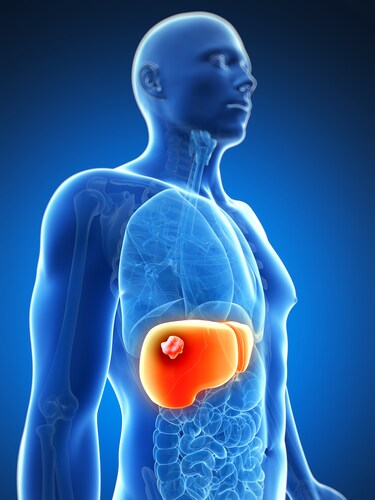What is Liver Cancer?
The first thing that a patient should know about liver cancer is the different stages and types of treatment available. A very early stage occurs when the tumour is smaller than two centimeters in diameter and does not cause a rise in portal vein pressure, which is the main artery to the liver. At this stage, bilirubin levels are normal or increased, and surgery is usually recommended. However, if the tumour is found in an intermediate stage, multiple smaller tumors are present. At this stage, doctors recommend regional therapies such as transarterial chemoembolization, chemotherapy, or radiation therapy.
Surgical treatment is another option for patients with liver cancer. The procedure is often performed under local anaesthesia. The patient will remain awake during the procedure, but the affected area will be numbed. In addition to surgical treatment, patients may also undergo chemotherapy or radiotherapy to treat their cancer. Sorafenib is a medicine that can slow the growth of the liver tumour, which is a common treatment option for advanced cancer. This drug is not routinely offered on the NHS, and the National Institute of Health and Care Excellence has claimed that the drug is expensive and provides little benefit.
A doctor may decide to use one of the many treatments available to help treat liver cancer. A doctor may choose chemotherapy or radioembolization. Both of these methods have proven effective, but they do have side effects and increase the risk of infection. Alternatively, a doctor may prescribe sorafenib as an alternative treatment for patients with advanced liver cancer. While sorafenib is available on the NHS, it is not routinely prescribed. The National Institute of Health and Care Excellence has stated that this drug is expensive for its limited benefits.
If liver cancer symptoms are caused by a benign disease, your doctor may prescribe chemotherapy. This may help slow the spread of cancer. The goal of treatment for this disease is to eliminate the symptoms and alleviate the suffering associated with it. Depending on the stage of the disease, chemotherapy may be the only option. In addition, other types of liver cancer are curable with palliative treatment. Prospects depend on several factors.

A patient can be diagnosed with liver cancer at any stage. The type of treatment will depend on the stage of the cancer. Cancer can be at an early or late stage. A person can only be cured in the early stages, but treatment will depend on the type of liver cancer. The first step is to determine if you have any symptoms. If your doctor suspects this condition, the next step is to decide on treatment.
The health site Xuan Kim writes that when cancer is diagnosed in the early stages, surgery is the most common treatment option. The operation will be performed under local anesthesia and the area will be numbed. After surgery, the patient may be prescribed other treatment methods. Some people may also receive chemotherapy with sorafenib. This medicine is not usually sold on the NHS. The National Institute for Health and Care Excellence (NIHCE) considers sorafenib to be of little benefit.
Although the primary stage of the disease is the most common, the disease can also spread to other organs of the body. When the disease spreads beyond the liver, it is much more difficult to treat. For this reason palliative care is a common method of treating the disease. But the treatment of this disease differs from the treatment of the primary stage. In the secondary stage, cancer cells can spread to other parts of the body.
As mentioned earlier, liver cancer has several stages, and symptoms vary depending on the stage. The primary stage is usually curable. But the second stage is usually incurable and is treated with chemotherapy. Its main purpose is to relieve symptoms. Once the cancer has spread to stage four, it is usually too late to stop treatment. Therefore, it is important to consider the stage and stage of the disease to choose the right type of treatment for the patient.
Leave a Reply